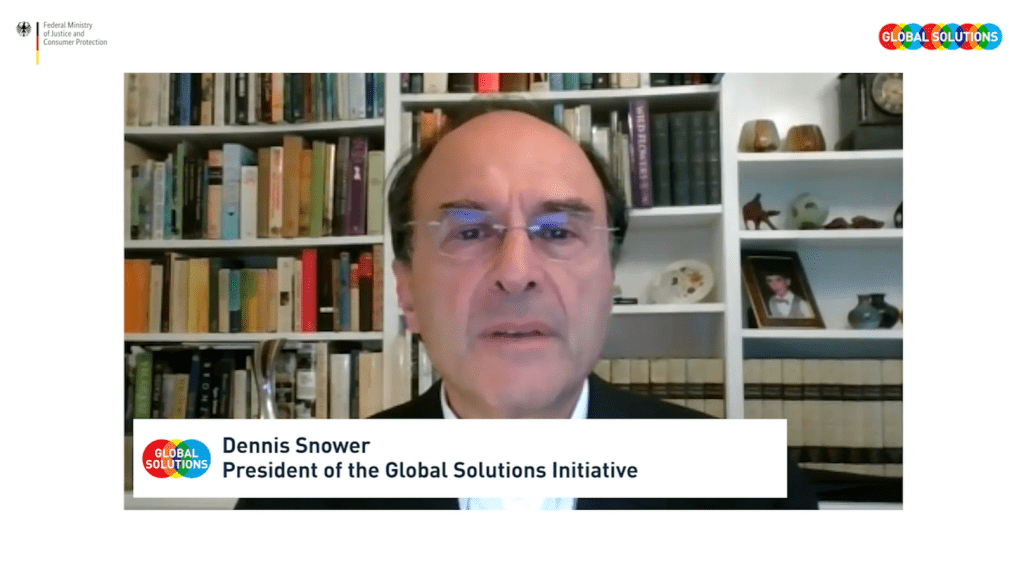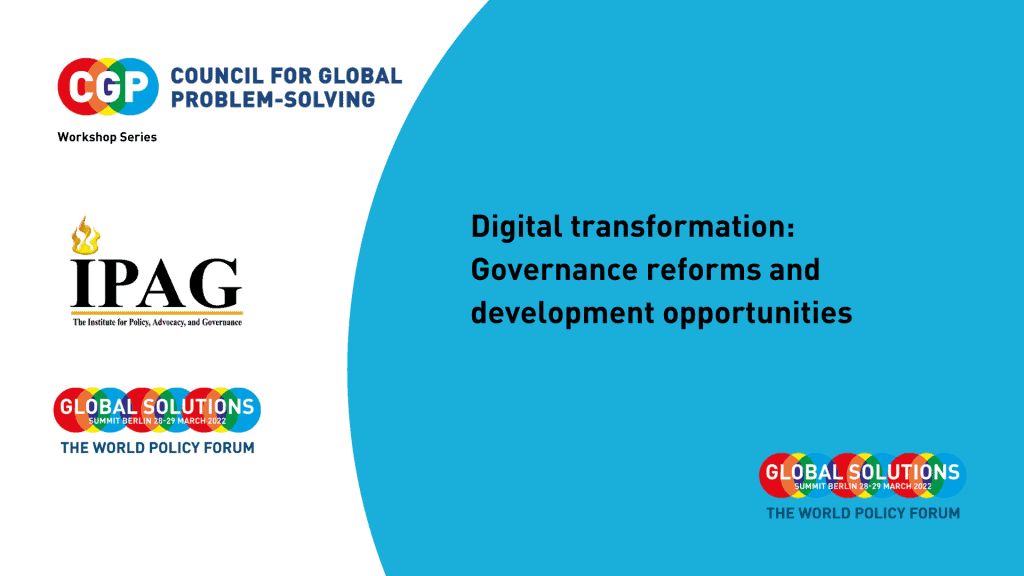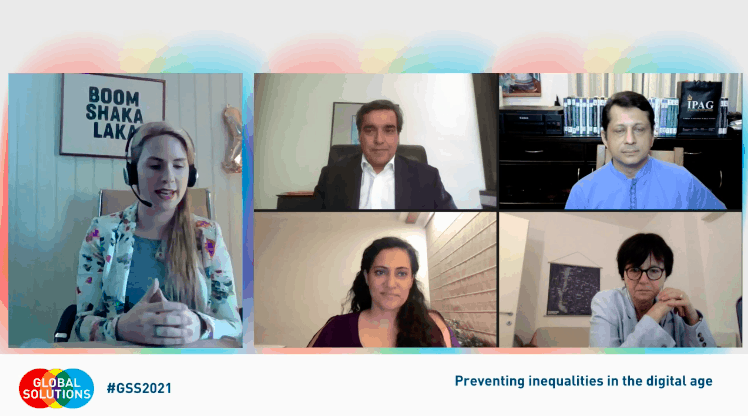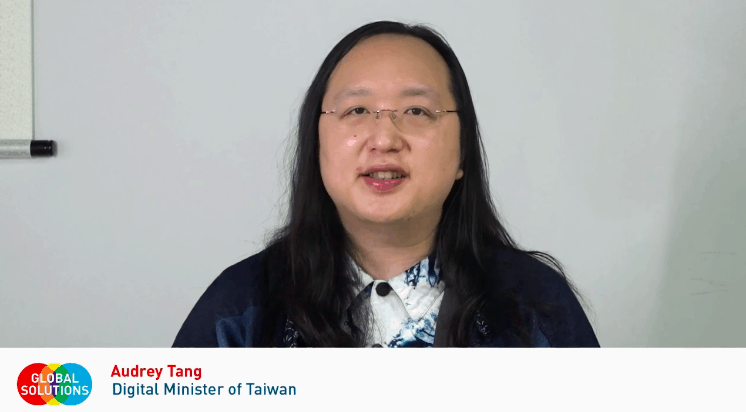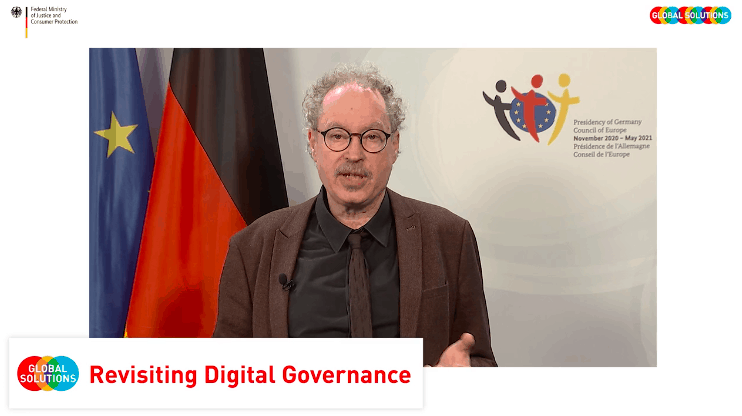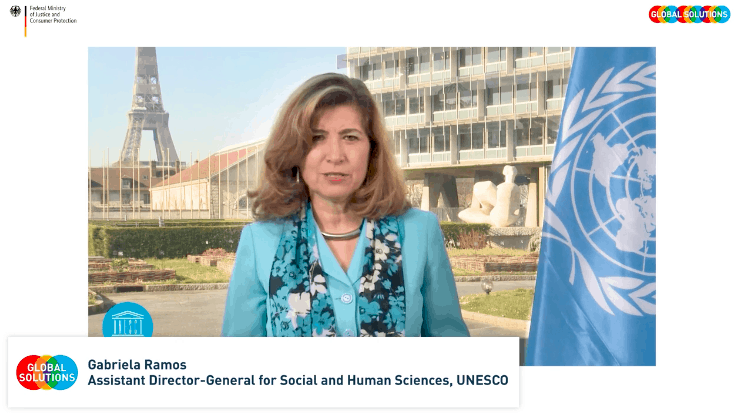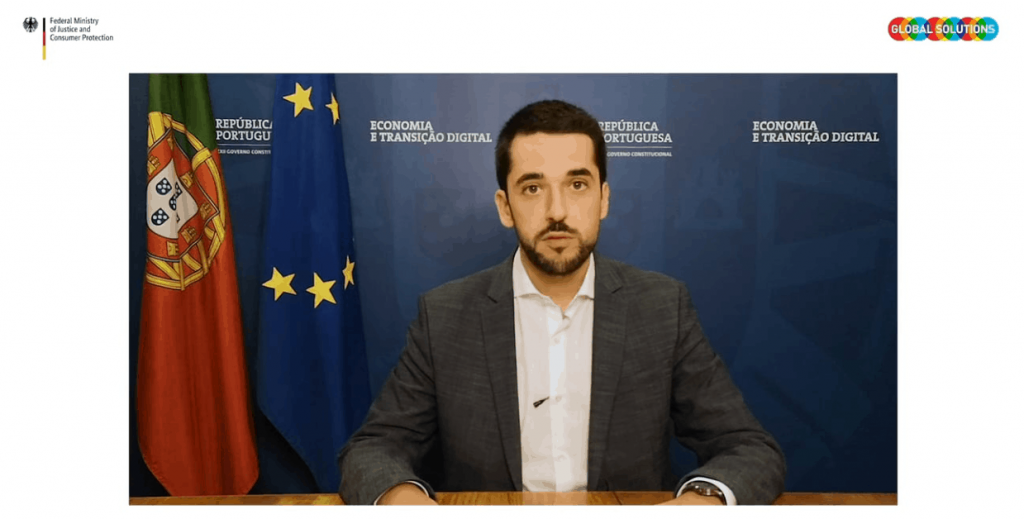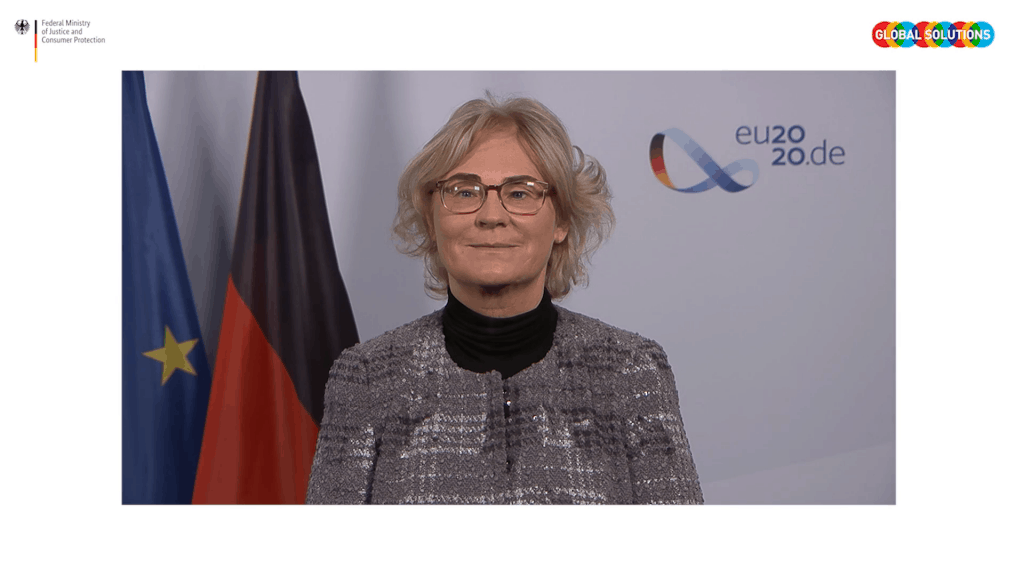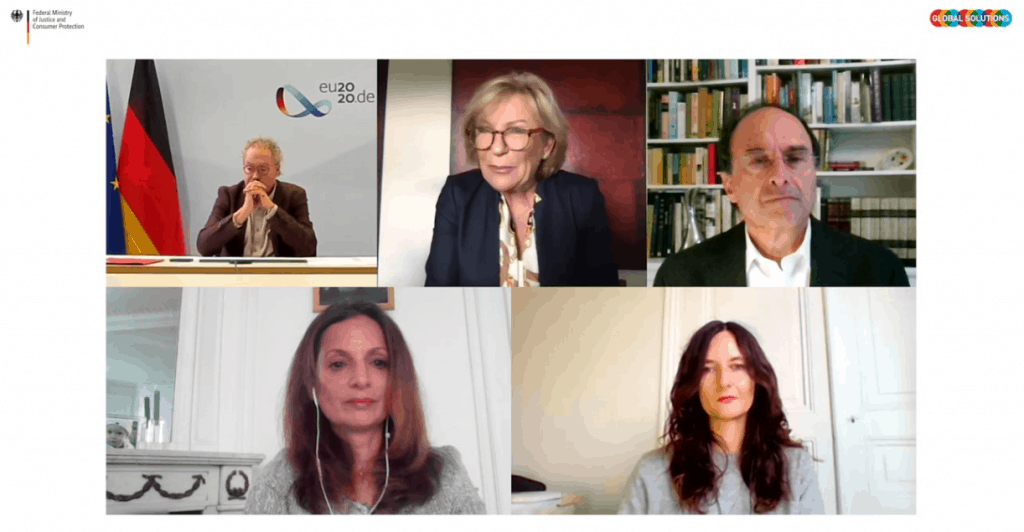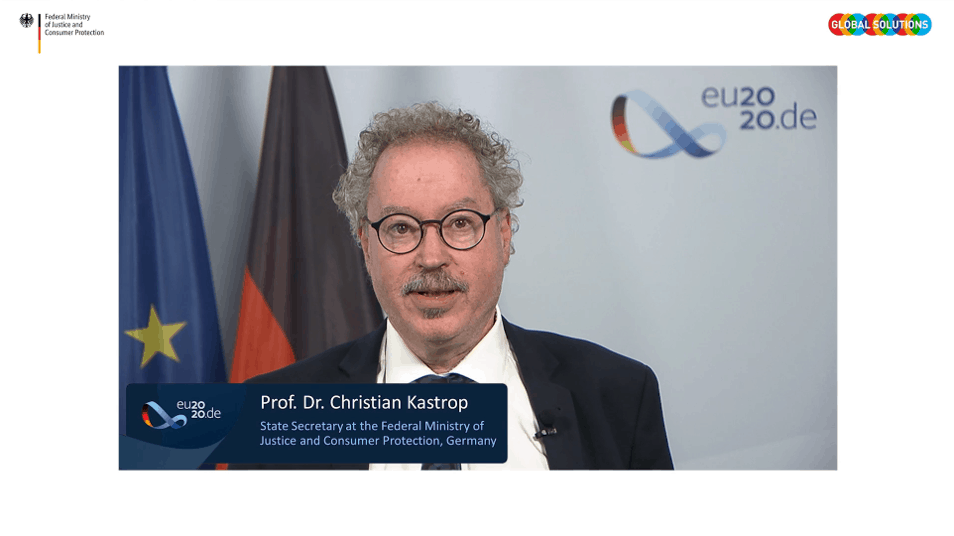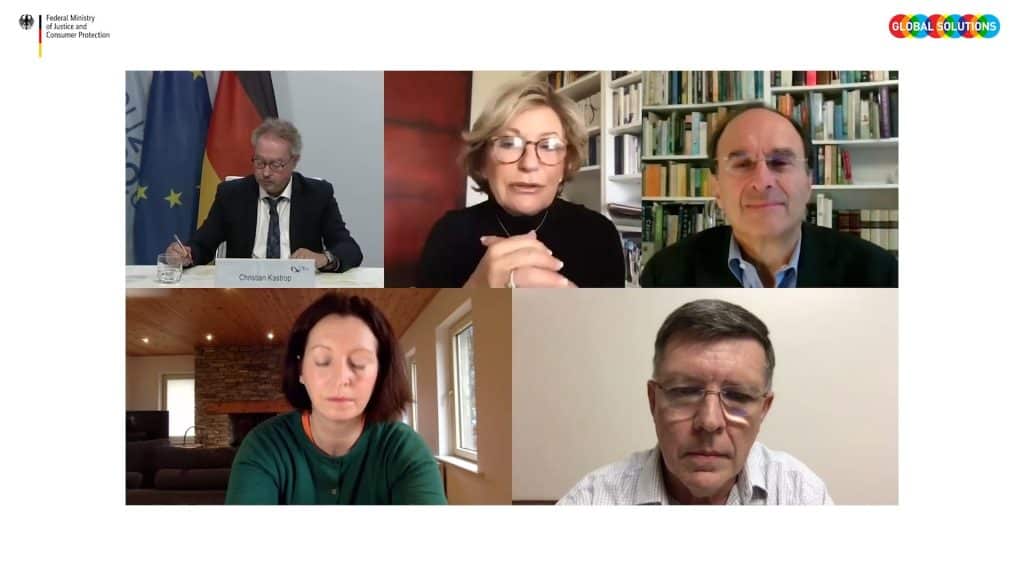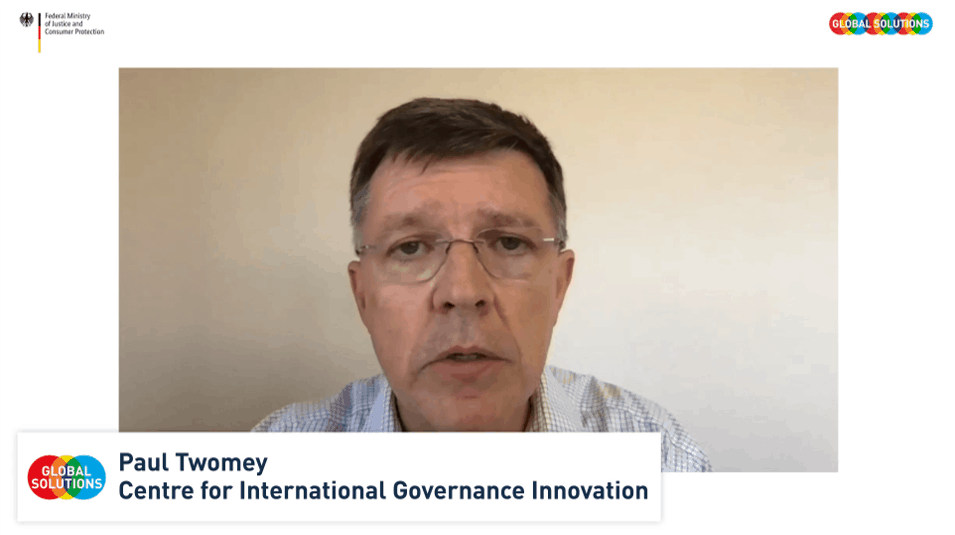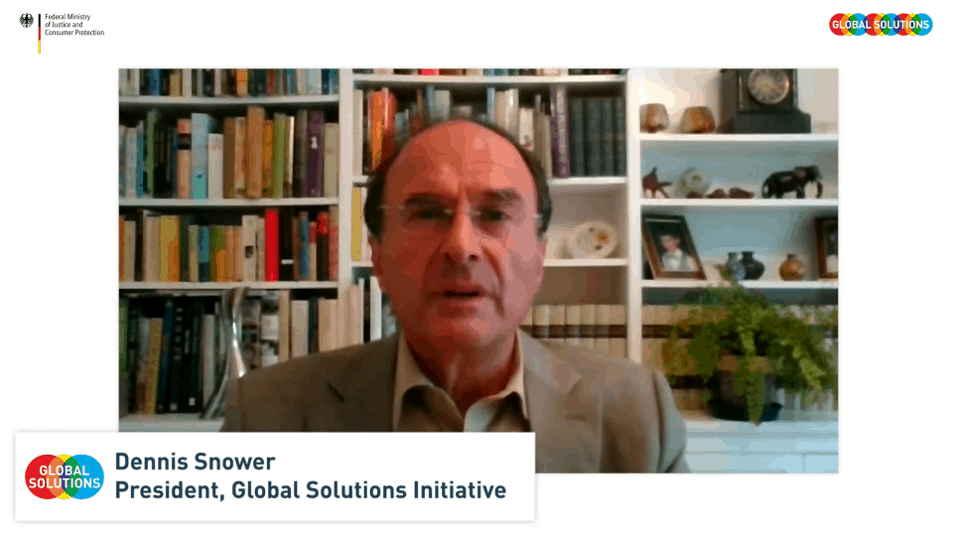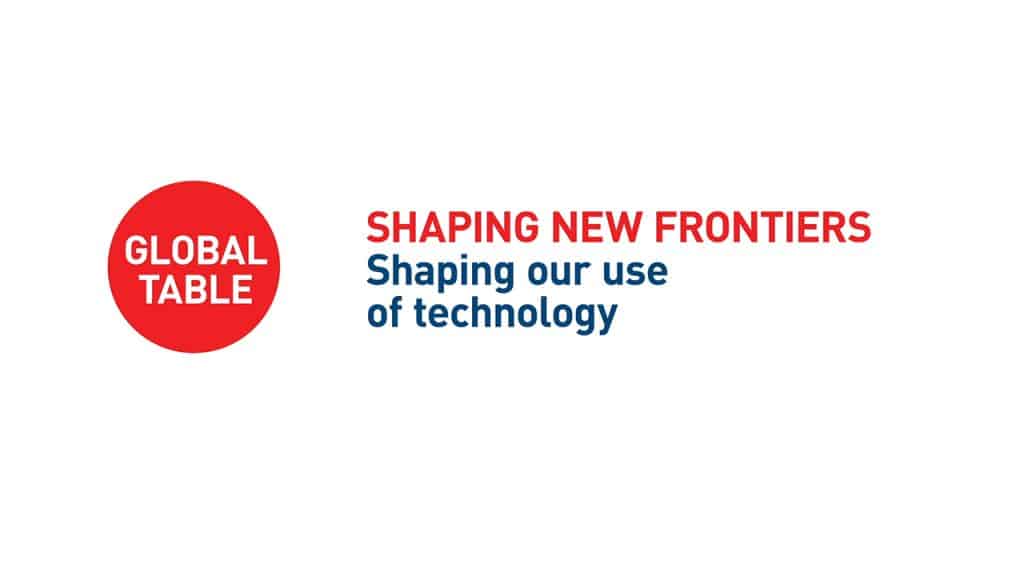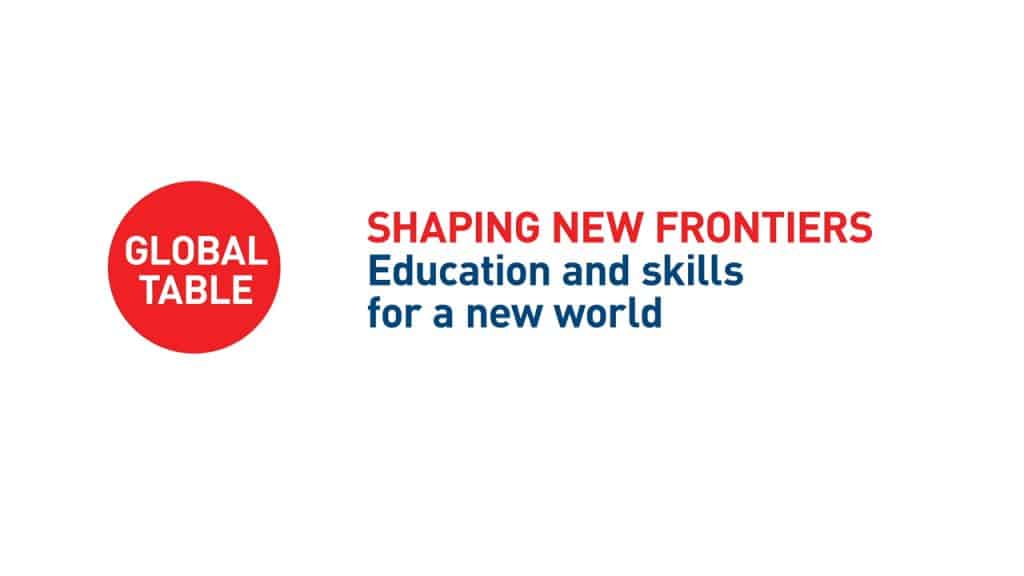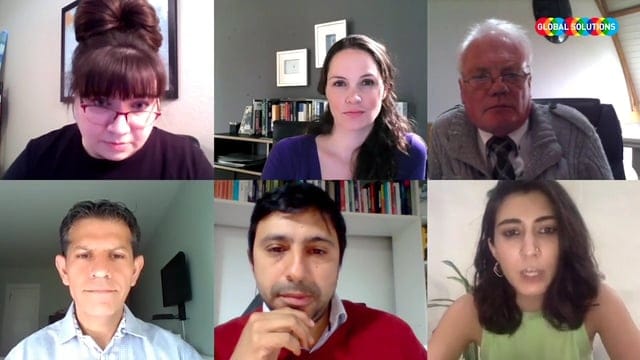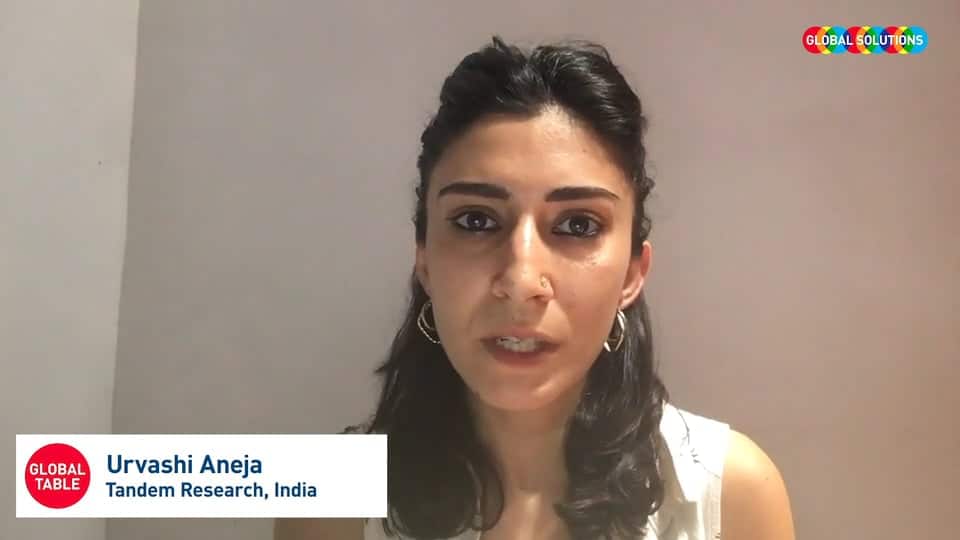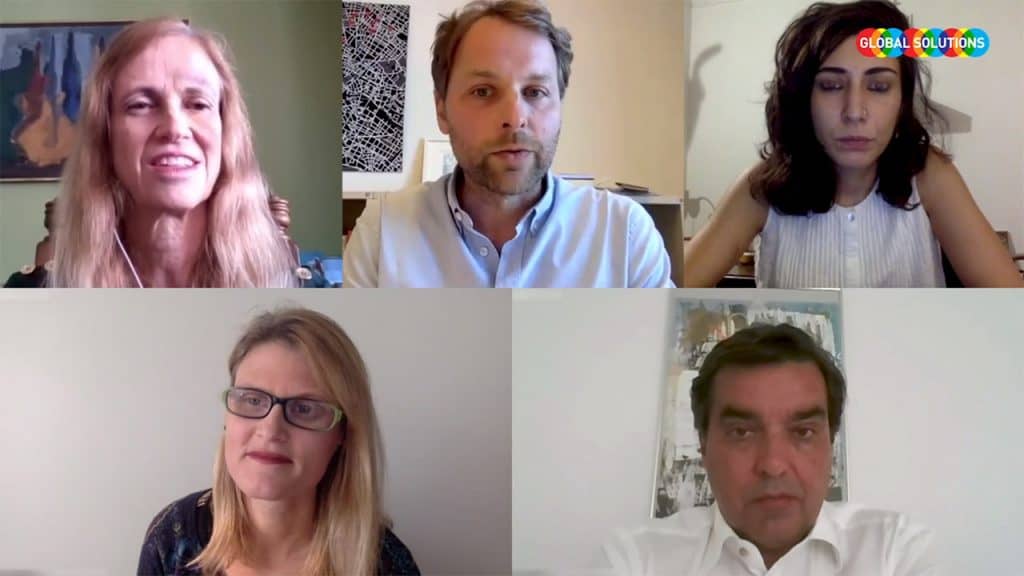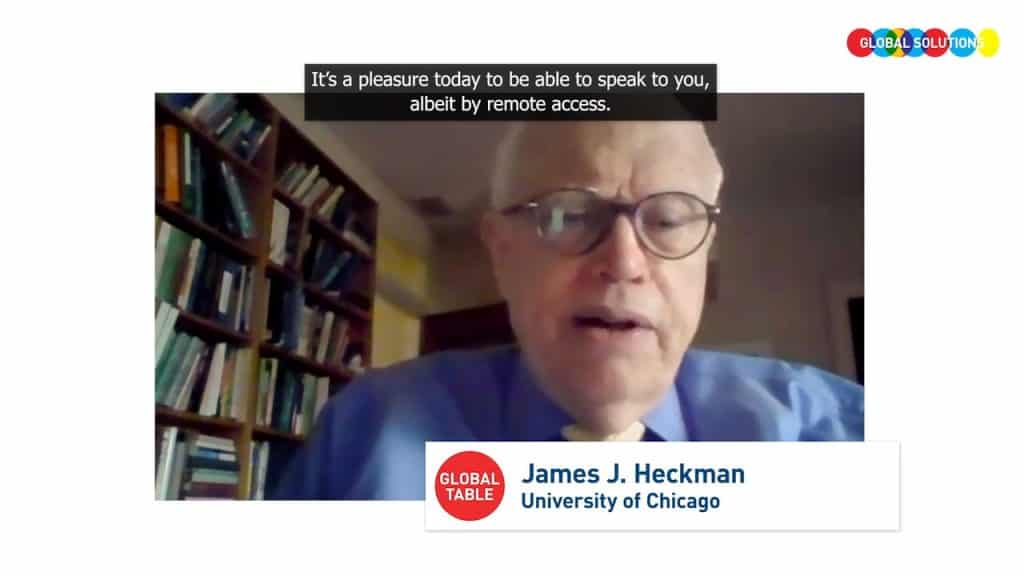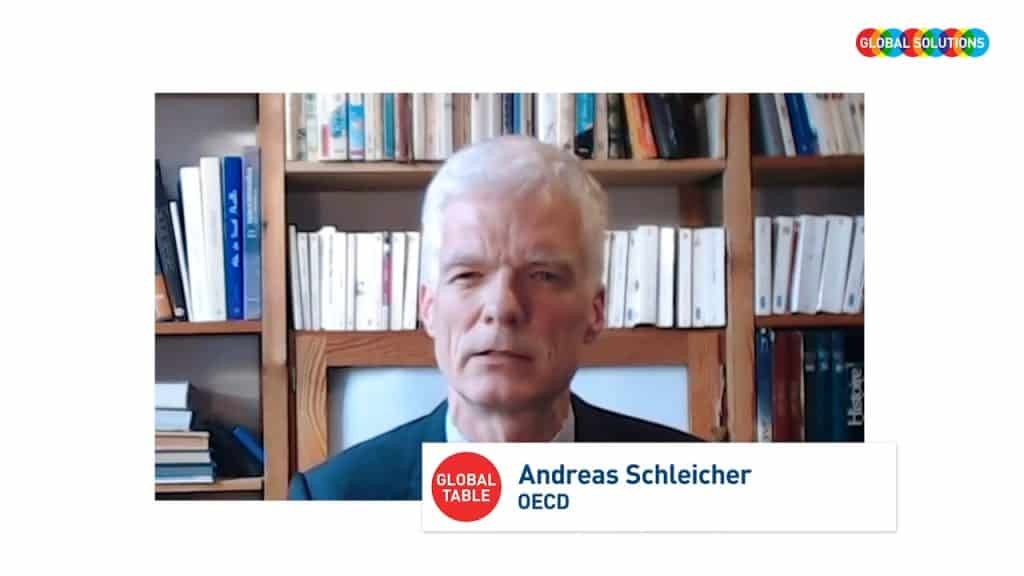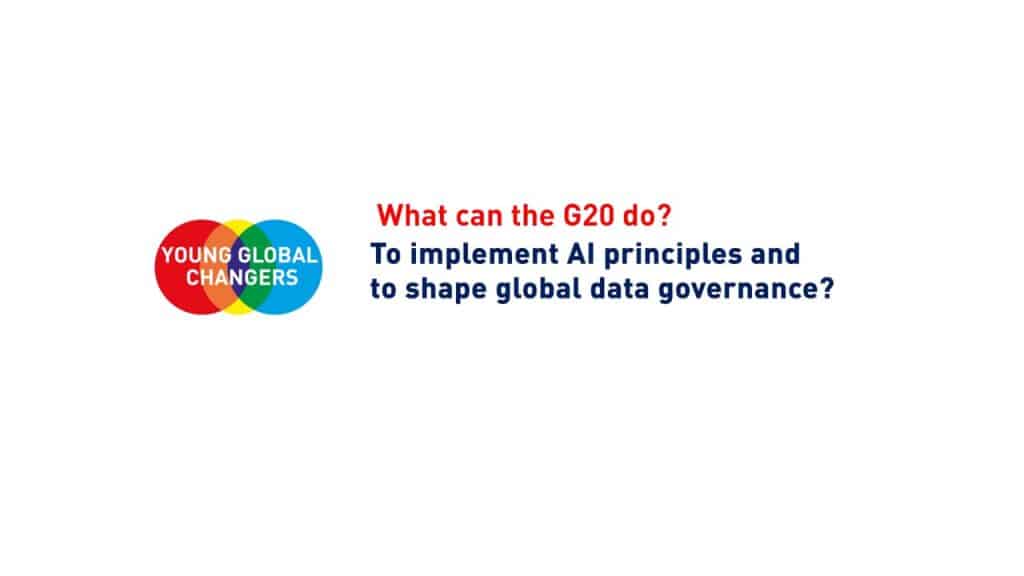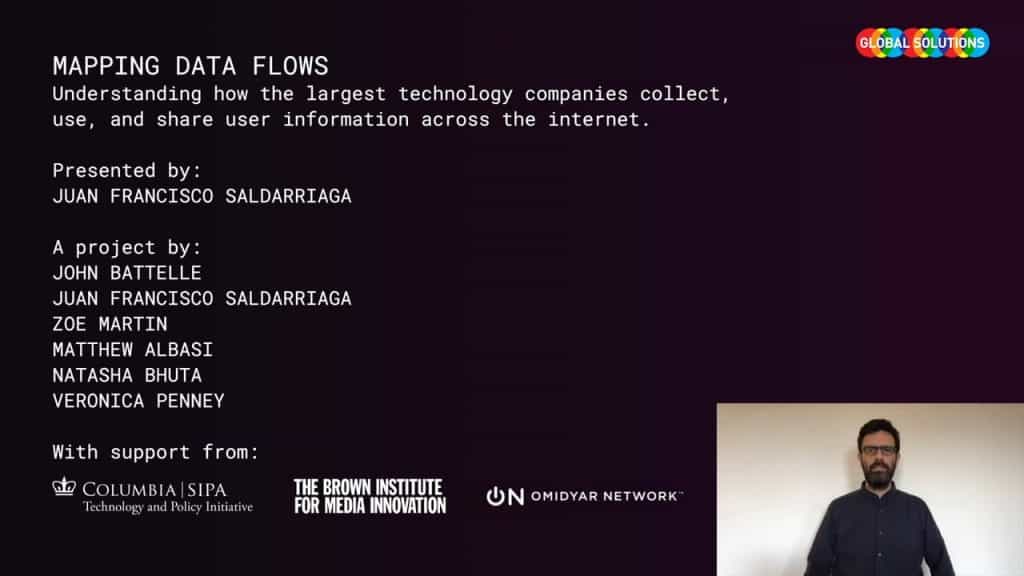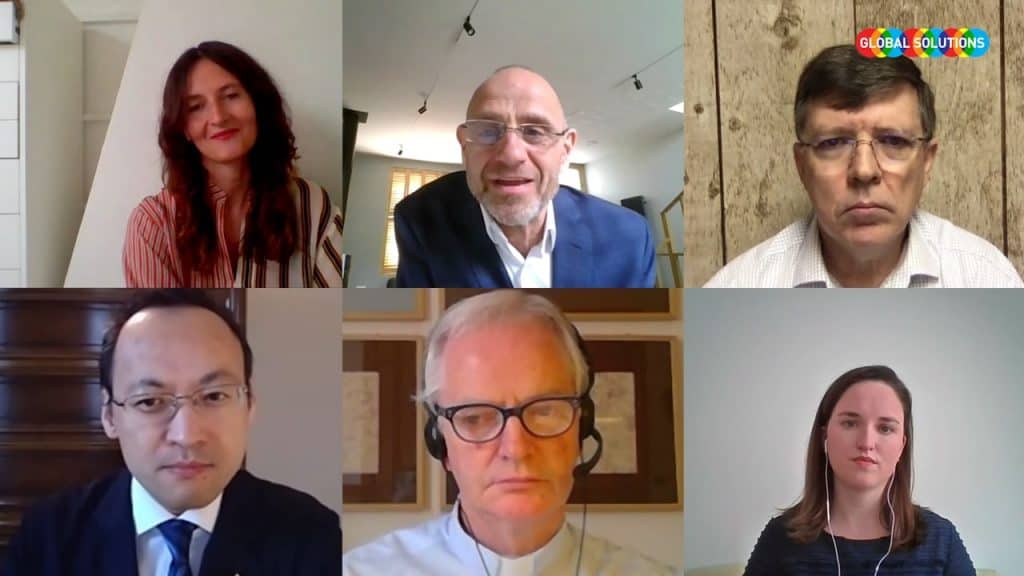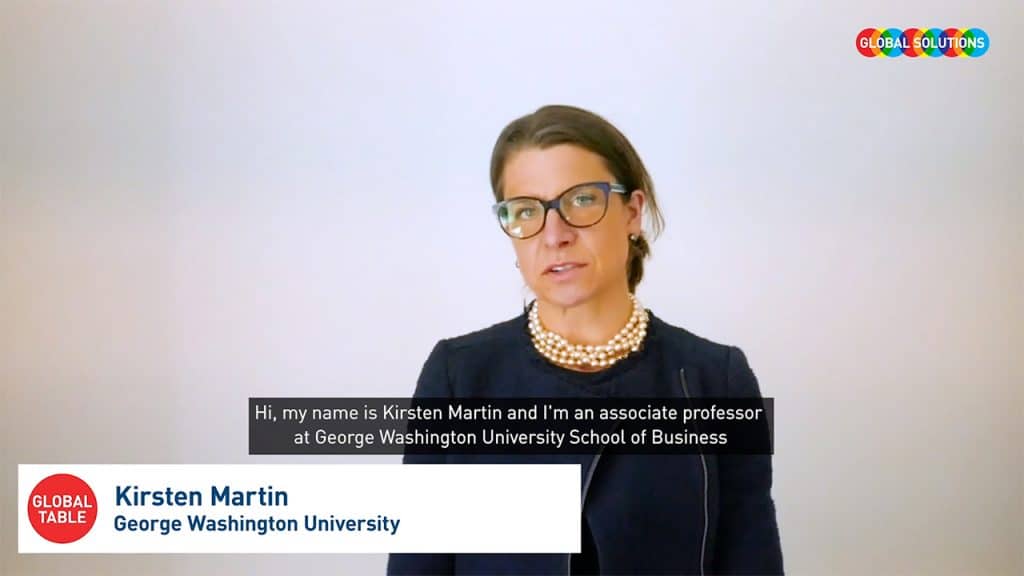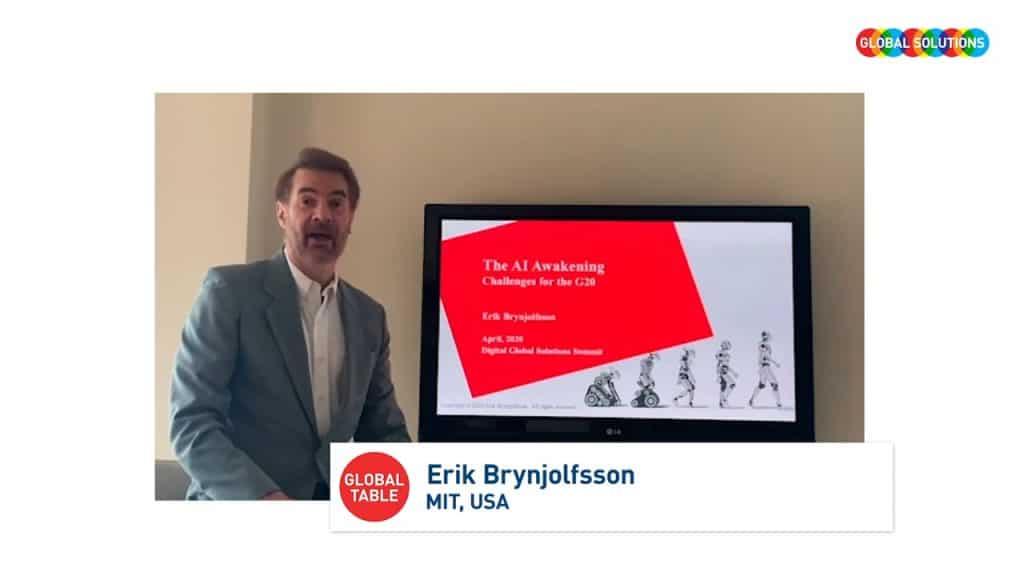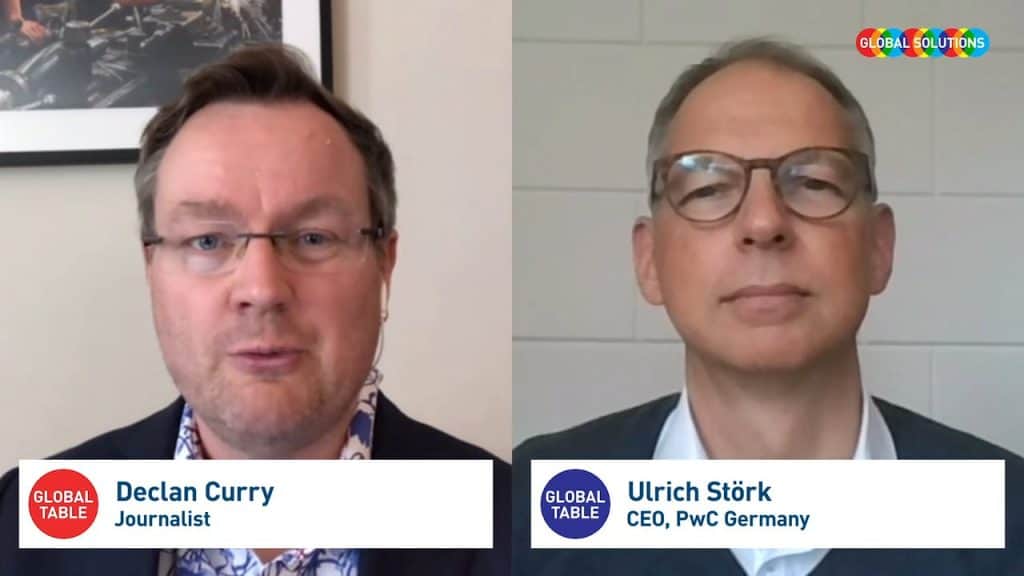Policy Briefs
Intersecting Vol.11 Ramiro Albrieu - CIPPEC, Nicolas J.A. Buchoud - Global Solutions Initiative, Michael Cohen - Milano School of Policy, Management, and Environment, Rainer Kern - Enjoy Jazz Festival, Shuva Raha - Council on Energy, Environment and Water (CEEW)
Leveraging Digital Public Infrastructure to Deliver Nationwide Conditional Cash Transfers for Training Provision Suhono Suharso Supangkat - Smart Cities and Communities Innovation
Center ITB, Samsu Sempena - Project Management Office of Kartu, Prakerja, Romora Edward Sitorus - Program Management Office of Kartu Prakerja, The Coordinating Ministry for Economic Affairs of the Republic of Indonesia, Fitri Yuliarti - Project
Management Office of Kartu Prakerja, Azzah Rana Fadhilah - Project Management Office of Kartu
Prakerja, Grace Wulandari - Project Management Office of Kartu
Prakerja, Tsania Maulina Salsabilla - Project Management Office of Kartu
Prakerja
Harnessing Digital Federation Platforms and Data Cooperatives to Empower SMEs and Local Small Communities Michael Bühler - Konstanz University of Applied Sciences (Lead author), Igor Calzada - Cardiff University, Isabel Cane, Thorsten Jelinek - Taihe Institute, Europe Center, Astha Kapoor - Aapti Institute, Morshed Mannan - Robert Schuman Centre for Advanced Studies at
the European University Institute, Sameer Mehta - Department of Technology and Operations
Management, Vijay Mookerjee - University of Texas, Konrad Nübel - Technical University Munich (Core team), Alex Pentland - MIT Media Lab, Trebor Scholz - Platform Cooperativism Consortium, Divya Siddarth - India, Julian Tait - Open Data Manchester, Bapu Vaitla - Data2X, Jianguo Zhu - University of Sydney
A Governance Framework for Digital Public Infrastructure: Learning from the Indian Experience Aaditeshwar Seth - Indian Institute of Technology Delhi, Luís Fernando Vitagliano - State University of Campinas, Nachiket Udupa - Mazdoor Kisan Shakti Sangathan, Parminder Jeet Singh - IT for Change, Rakshita Swamy - Social Accountability Forum for Action and Research, Subrata Singh - Foundation for Ecological Security, Vineetha Venugopal - Digital Empowerment Foundation
Strengthening Digital Public Infrastructure for Health Gabriel Seidman - Global Health Security Consortium, Ahmad Alkasir - Global Health Security Consortium, Megan Akodu - Global Health Security Consortium, Srinidhi Soundararajan - Tony Blair Institute for Global Change, Paul Blakeley - Tony Blair Institute for Global Change, Vladimir Choi - Tony Blair Institute for Global Change
Towards a Global Framework for a Public Good to Reduce Information and Labour Market Gaps Paula Szenkman - Center for the Implementation of Public Policies Promoting Equity and Growth (CIPPEC, Miguel Otero Iglesias - Elcano Royal Institute, Tomás Mandl - Center for International Private
Enterprise, Estefanía Lotitto - Center
for the Implementation of Public Policies Promoting Equity and Growth, Agustin Chiarella - Center for the Implementation of Public Policies Promoting Equity and Growth (CIPPEC, Agustina Lacunza - Center
for the Implementation of Public Policies Promoting Equity and Growth
Mitigating Risks and Harnessing Opportunities for the Digitally Enabled Care Economy Florencia Caro Sachetti - Centro de Implementación de Políticas
Públicas para la Equidad y el Crecimiento, (CIPPEC), Vanesa D’Alessandre - CIPPEC, Carolina Robino, Katja Freiwald - UN
Women, Ankita Panda - The Asia Foundation, Sabina Dewan - JustJobs Network, Estefania Charvet, Francisco Cos Montiel - Gender Justice and
Development, Megan O’Donnell - Center for Global Development, Gillian Dowie - IDRC, Manisha Desai - UNRISD
Data Citizenship Henrietta Moore - University College London, Andrew Percy - Institute for Global Prosperity, UCL, Rayhaan Lorgat - Institute for Global Prosperity, Katrina Moseley - Institute for Global Prosperity
Digital Utilities for Scientific Research Towards an Equitable World Mei Lin Fung - People Centered Internet, Declan Kirrane - Global Science Collaboration Conference, Peter Taylor, Kurt Zatloukal - Medical University of Graz, Tamara Singh - People Centered Internet, Gora Datta - FHL7 University of California, Berkeley, Andrew Seely - MindPoint Group
G7: Data for Pandemic Preparedness Rick Bright - Pandemic Prevention Institute, The Rockefeller Foundation, Rebecca Katz - Center for Global Health Science and Security, Georgetown University, Bruce Gellin - Pandemic Prevention Institute, The Rockefeller Foundation
Cross-Border Data Flow: A Trilemma of Mobility, Monetization, and Privacy Ibrahim K. Rohman - Indonesia Financial Group Progress, Moinul I. Zaber - United Nations University-Policy Driven on Electronic Governance, Reza Y. Siregar - Indonesia Financial Group Progress, Rizky Rizaldi Ronaldo - Indonesia Financial Group Progress, Mohammad Alvin Prabowosunu - Indonesia Financial Group Progress, Rosi Melati - Indonesia Financial Group Progress
Smart Cities, Standardization and DX Challenge for Digital Government Venkatachalam Anbumozhi - Economic Research Institute for ASEAN and East Asia, Arry Akhmad Arman - Institute of Technology Bandung, Hendra Sandhi Firmansyah - STMIK Jabar, Irma Rizkia - Institute of Technology Bandung, Santi Novani - Institute of Technology Bandung, Suhono Harso Supangkat - Bandung Institute Of Technology, Toshio Obi - Waseda University
Towards a Global Agenda for Digitalization Without Greenhouse Emissions Agustin Chiarella - Center for the Implementation of Public Policies Promoting Equity and Growth (CIPPEC, Gregorio Martin - Quetglas University of Valencia, Andrés Ortega - Elcano Royal Institute, Paula Szenkman - Center for the Implementation of Public Policies Promoting Equity and Growth (CIPPEC
Digital Development Cooperation Through SSC Lens: Challenges And Impact Milindo Chakrabarti - Center for Sustainability, O.P. Jindal Global University, Sonipat, India, Sachin Chaturvedi - Research and Information System for Developing Countries, Rafael Gustavo Miranda Delgado - University of Los Andes, Mustapha Jouili - University of Carthage, Gladys Teresita Lechini De Alvarez - National University of Rosario, Rasigan Maharajh - Tshwane University of Technology, Philani Mthembu - UNISA, Ashraf Patel, Jorge Antonio Perez Pineda - Anahuac University
Digital Transformation for Rural Areas and Smart Villageses Adiwan Fahlan Aritenang - Institute of Technology Bandung, Fadhil Hidayat - Institute of Technology Bandung, Felly Ferol Warouw - Universitas Negeri Manado, Lady Grace Jane Giroth - Universitas Teknologi Sulawesi Utara, Muhammad Akbar Pribadi - National Research and Innovation Agency, Muhammad Arifin Nasution - Universitas Sumatera Utara, Ryan Adhitya Nugraha - Telkom University, Surya Yudha Regif - Universitas Timor, Viktory Rotty - Universitas Negeri Manado
Towards Digital Empowerment of MSMEs José A. Stracquadaini - Universidad de BuenosAires, Gusti Raganata - Sigmaphi Research, Grace H Mardjianto - 168 Solutions, Arief C. Nugraha - IPP Atmajaya University, Gabriela Rigoni, Joseph Lumban Gaol - Digital Venture Builder
Enhancing food supply chain resilience through the utilisation of digital and sequence information technologies Venkatachalam Anbumozhi - Economic Research Institute for ASEAN and East Asia, Suresh Babu - International Food Policy Research Institute, Carlos Andrea Bollino - King Abdullah Petroleum Studies and Research Centre, Riyadh (Saudi Arabia), Wendy Craig - International Centre for Genetic Engineering and Biotechnology, Watertown, Massachusetts (USA), Ponmalai Kulandivelu - Periyar University, Tamil Nadu (India), Felix Moronta-Barrios - International Center for Genetic Engineering and Biotechnology, GYA, Eji Yamaji - University of Tokyo (Japan)
Exploring the development-technology nexus via a digital transformation paradigm shift in development strategy in the digital age Syed Munir Khasru - Institute for Policy, Advocacy, and Governance (IPAG), Boutheina Guermazi - Director, Digital Development, World Bank (WB), Thomas Abell - Chief of Digital Technology, Asian Development Bank (ADB), Catherine Brown - Chief Executive Officer, Lord Mayor Charitable Foundation, Tania Begazo-Gomez - World Bank, Darren Thayre, Abdullah Ar Rafee
Human-centric AI: From principles to actionable and shared policies Carlo Casalone - Pontifical Academy for Life, Rome (Italy), Luciano Floridi, Laura Palazzani - Pontifical Academy for Life, Rome (Italy), Renzo Pegoraro - Pontifical Academy for Life, Rome (Italy), Francesca Rossi - IBM Research (Italy), Roberto Villa - Fondazione IBM Italia
Legal regulation of the platform economy Gautam Bhatia, Darcy du Toit - University of the Western Cape (South Africa), Sandra Fredman, Mark Graham - University of Oxford (UK), Jean-Paul Van Belle - University of Cape Town (South Africa)
SusTech solutions: Enabling new technologies to drive sustainable development Matthew Stephenson - World Economic Forum, Iza Lejarraga - Organisation for Economic Cooperation and Development (OECD), Paris (France), Kira Matus - The Hong Kong University of Science and Technology (HKUST) (China), Yacob Mulugetta - University College London (UCL) (UK), Masaru Yarime - The Hong Kong University of Science and Technology (HKUST) (China), James Zhan - United Nations Conference on Trade and Development (UNCTAD), Geneva (Switzerland)
Actions to make “data free flow with trust” operational in practice Susan Arial Aaronson - George Washington University, Washington DC (USA), Fukunari Kimura - Keio University, ERIA, Hosuk Lee-Makiyama - European Centre for International Political Economy (ECIPE), Brussels (Belgium), Sherry M. Stephenson - Pacific Economic Cooperation Council (PECC), Singapore (China)
Fostering a safer cyberspace for children Muhammad Khurram Khan - Center of Excellence in Information Assurance (CoEIA) King Saud University, Kingdom of Saudi Arabia, Omaimah Bamasag - University of Jeddah, Abdullah Ayed Algarni - Institute of Public Administration, Mohammad Alqarni - University of Jeddah


